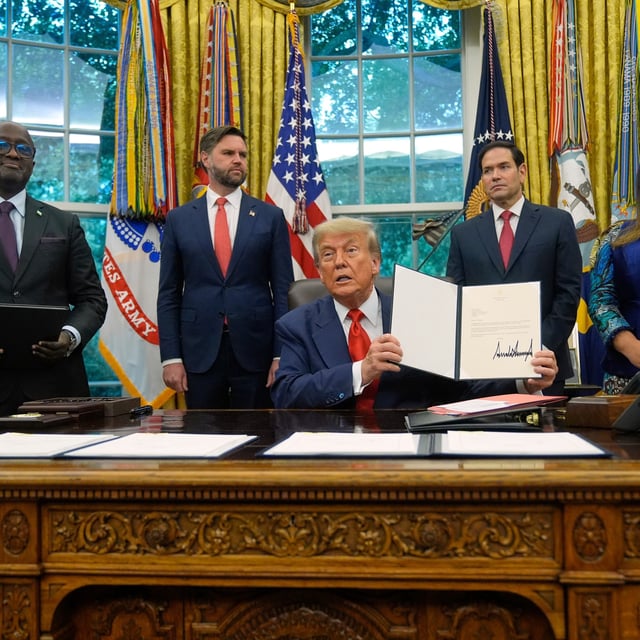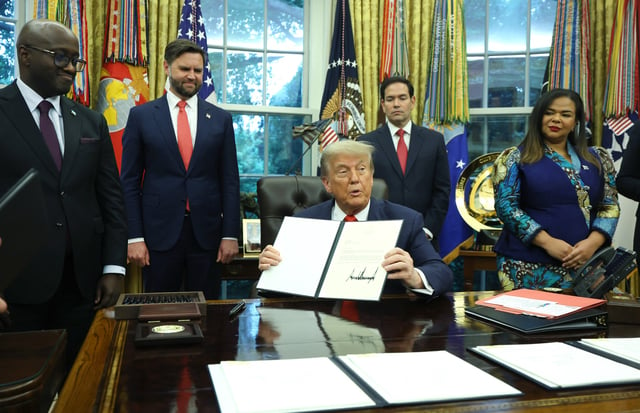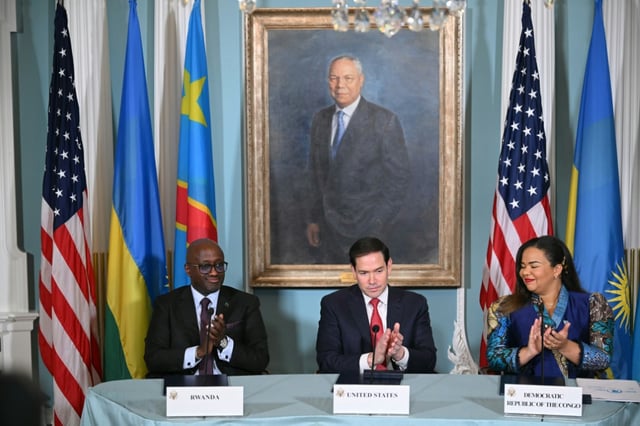Overview
- Kinshasa and Kigali have three months to withdraw foreign troops and cease proxy support for militias in North Kivu and other eastern provinces under the June 27 accord.
- The “Critical Minerals for Security and Peace” framework grants US companies preferential access to the DRC’s estimated $24 trillion in cobalt, lithium, tantalum and coltan reserves.
- The primary M23 militia, excluded from the Washington talks, has rejected the pact and continues parallel negotiations with Kinshasa in Doha.
- Amnesty International and other watchdogs warn the deal omits enforcement mechanisms and accountability for war crimes, sexual violence and illegal mining.
- Analysts see the agreement as part of broader US–China competition over strategic minerals and caution that without judicial safeguards the fragile peace may unravel.


